A 7-Step Guide To Building Your Author Persona

Before we begin, let’s break down the words.
Author: The writer of a book, the face behind a writing piece, maker of the manuscript, wordsmith of a document, owner of an article, dramatist of an incident in terms of write-ups, correspondent of a topic, screenwriter of a movie, scriptwriter of a web series, biographer of a personality, novelist of a novel, reporter of a worldly issue, journalist of the events witnessed, poet of the stanzas, songwriter of a song, pen-pusher of letters, and columnist of a newspaper.
Persona: A person’s personality, facade worn by a man or a woman, identity of an individual, mask put on by a person, the front portion of a human being, exterior guise adorned by a character, role played by someone, the personality of an actor, the image of a mortal soul, the public face of a fellow.
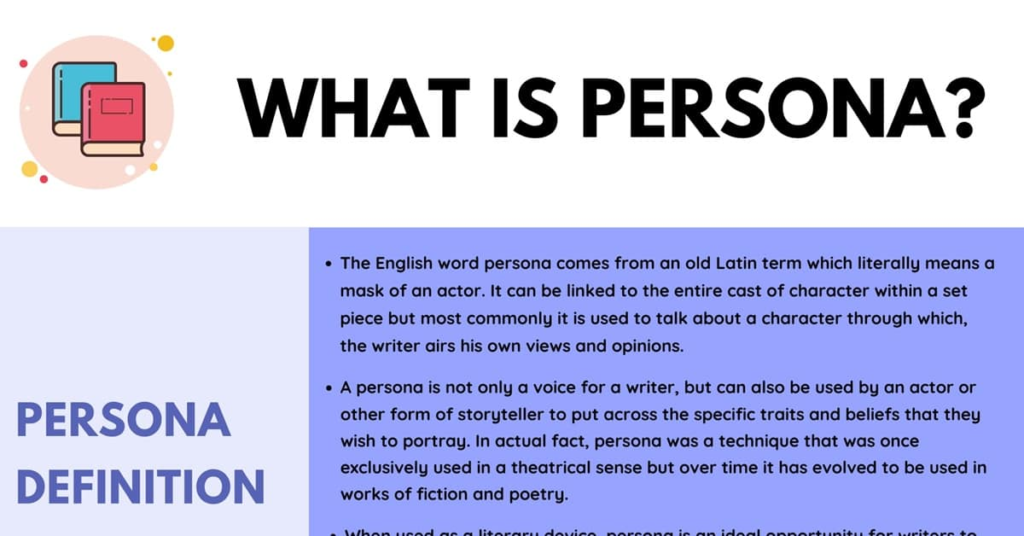
As we can see, an author can be so many things in so many ways. Therefore, an author’s persona is an ideal way to define who the author is. A good author persona can help communicate the background and personality of the author to the reader. The author’s persona is the projection of the author, their personality, and the person behind the words the readers have come to like.
In the age of social media, it is easy to find out information about a particular author or person with just a few simple searches. However, the author’s persona is not just the author’s bio; it also gives insights that help resonate with the audience and create a brand!
This article will detail the step-by-step process of creating an author persona, which will help you to define the best brand for your book – YOU!
What is an Author Persona?
Be it Earnest Hemingway, Sir Arthur Conan Doyle, Stephen King, Charles Dickens, Mark Twain, or modern-day authors like Dan Brown, John Grisham, Paulo Coelho, George Orwell, or Neil Gaiman, all these authors do not just have a fantastic storyline and narration, but a knack of creating stellar author personas.
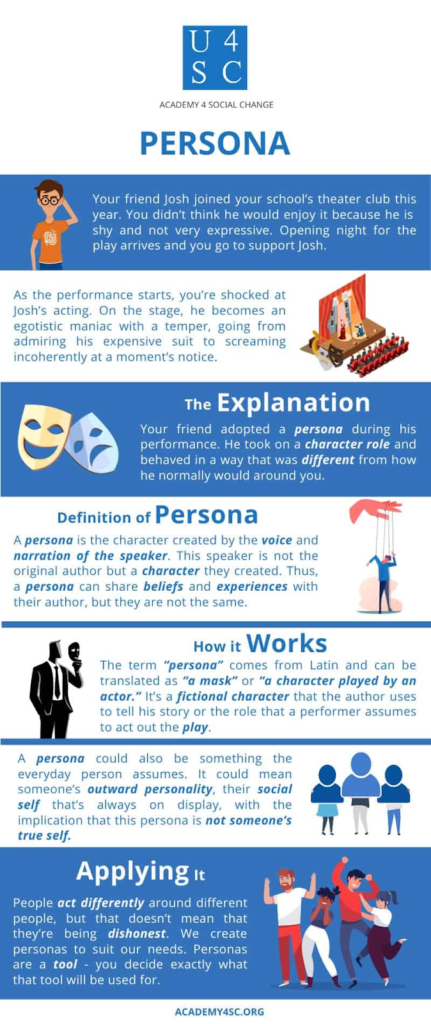
And it is not just authors who have a unique persona of their own; you can see it in public figures like Michael Jackson, Vincent Van Gough, and Pablo Picasso, who have created larger-than-life images. But have you ever wondered how much of their public version is actually true? Is Hemingway the man he showcases himself to be: regal, shotgun-wielding, drunk, adventurer-genius? Is Stephen King always wise and spooky, identifying the world’s fears and taking us on a rollercoaster ride? Or is he funny, wise, and a regular person?
The author’s persona is what you would call “’your brand,” the story, the emotion, or the real-life version of who you are. An author persona will help your readers better connect with you and create a unique brand that people will be drawn to. It can be based on the characters in your stories or be a version of you that considers all the emotions, instances, and experiences that make you “YOU.”
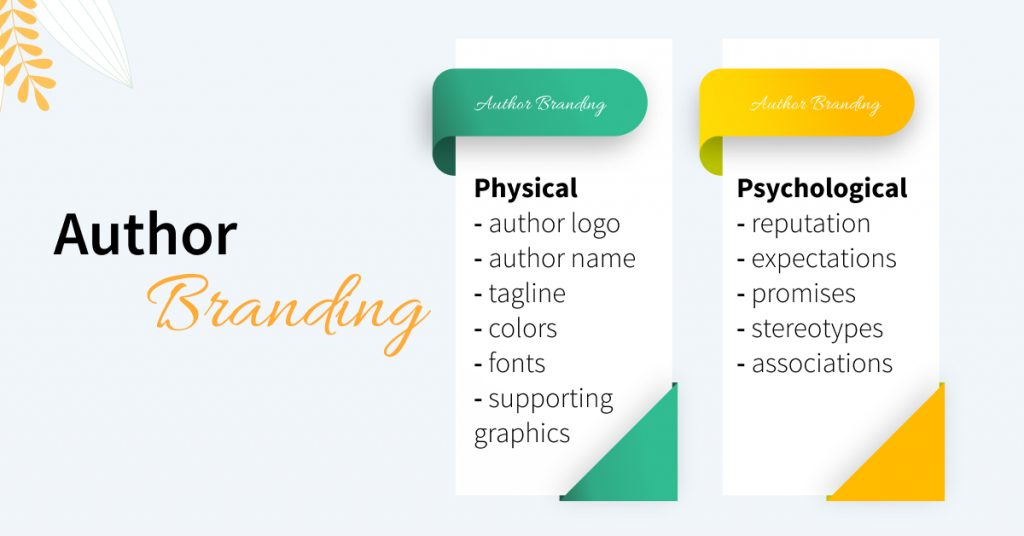
The author persona doesn’t have to be a mask you wear to create a whole new brand or something you hide behind. Instead, it can be an eccentric version of who you are, as real as you can be. Everyone’s persona is unique, so it is your personal story or brand that you want to communicate to your readers in the form of your persona.
How to Create Your Author Persona in 7 Steps
Now that you have understood the author’s persona let us dive into understanding seven easy steps to craft an author’s persona.
1. Determine what you’d want to communicate with your audience
Remember when you fell in love with a book or a story and decided to look for the author? What is the information that you looked for? What was it about their story that instantly connected with you?
The author’s persona is a way for the writer to give the reader a glimpse of their personality and life. To craft the perfect persona, start by understanding what you want your readers to know about you. Depending on how you want to position yourself, you will need to look at several facets of your personality and craft a short bio that you want to share with your audience.
2. Understand your target readership or audience
Next, try to find out who your target audience is. What is it that they expect from the author or the writer? Your author’s persona should be such that your target audience can instantly connect with it and make you part of their tribe.
While you may not always share the same age, gender, or have similar beliefs as your target audience, understanding their perspective and ensuring that your persona addresses them are vital to creating a good impression.
For example, if you write children’s novels, you do not have to be their age to understand them. Just talk about the child within you, what compelled you to write, and the stories you have grown up with.
3. Find out your unique strengths.
To write a stellar author or writer’s persona, it is a good starting point to answer some questions such as:
- What qualities about yourself do you like the most? Do you wish to communicate these qualities to your readers?
- What do your family and friends tell you about you? What is it about you that they like the most?
- How were you introduced to writing? What made you take the plunge in writing the book or article or pursuing a career in writing?
- What makes you, YOU?
- Who do you want to be in the near future?
- What’s the best thing about you?
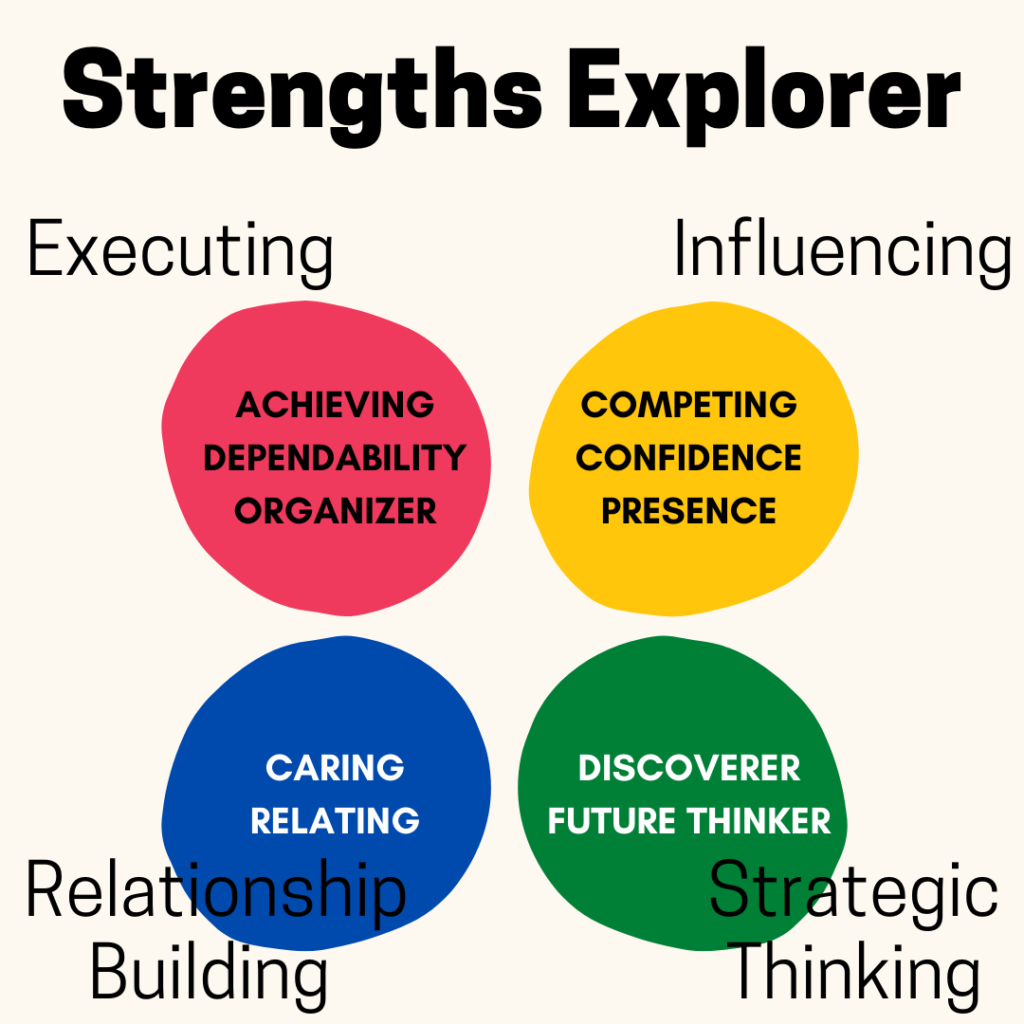
Knowing your strengths is essential, as you can focus on and amplify them in your persona, allowing your audience to know just what makes you tick!
4. Be open to talking about your weaknesses.
The most honest persona openly talks about a person’s flaws or weaknesses and accepts them. No one in this world is perfect, and your audience doesn’t expect you to be either. Instead, if you are open to sharing the ups and downs of your life, do that!
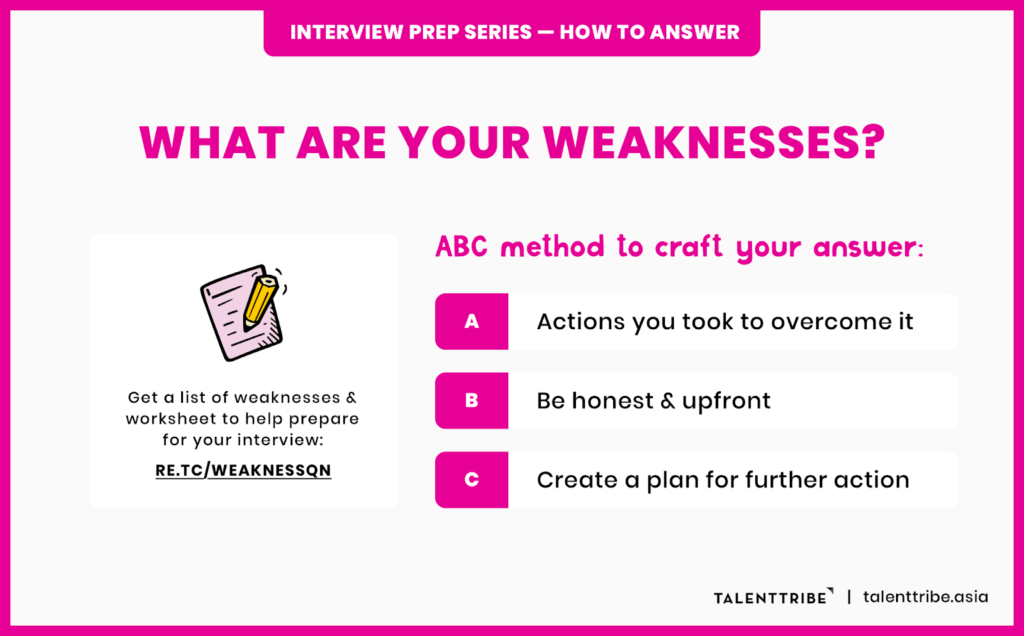
It is always inspiring when someone you are in awe of tells you about the situations they have experienced, failures, or challenges of their own, and your audience will value you for being vocal about it!
5. Carve a niche
Every person is unique, and your persona should reflect that. It is important to identify your niche and focus on amplifying the person you are and the expertise you bring to the table for your persona to stand out. You can write about much, but focusing on your core proposition helps keep the persona short but impactful.
6. Have fun
Do you find the process of creating your persona tiring, tedious, or daunting? Writing about oneself is a tough job and will make you restless, but do not worry. Remember that you know yourself best.
Instead of worrying about how it sounds or how your audience will perceive you, just make sure to relax and have fun!
7. Do some soul searching
Finally, creating an author’s persona is an opportunity to do some soul searching and understand the multiple facets of your personality. Look deep within and uncover what you want to communicate with your readers. Ask questions like:
- Who am I?
- What is my purpose?
- Why did I choose writing as my salvation?
- What is it that defines your writing?
- Where do you see yourself in a few years?
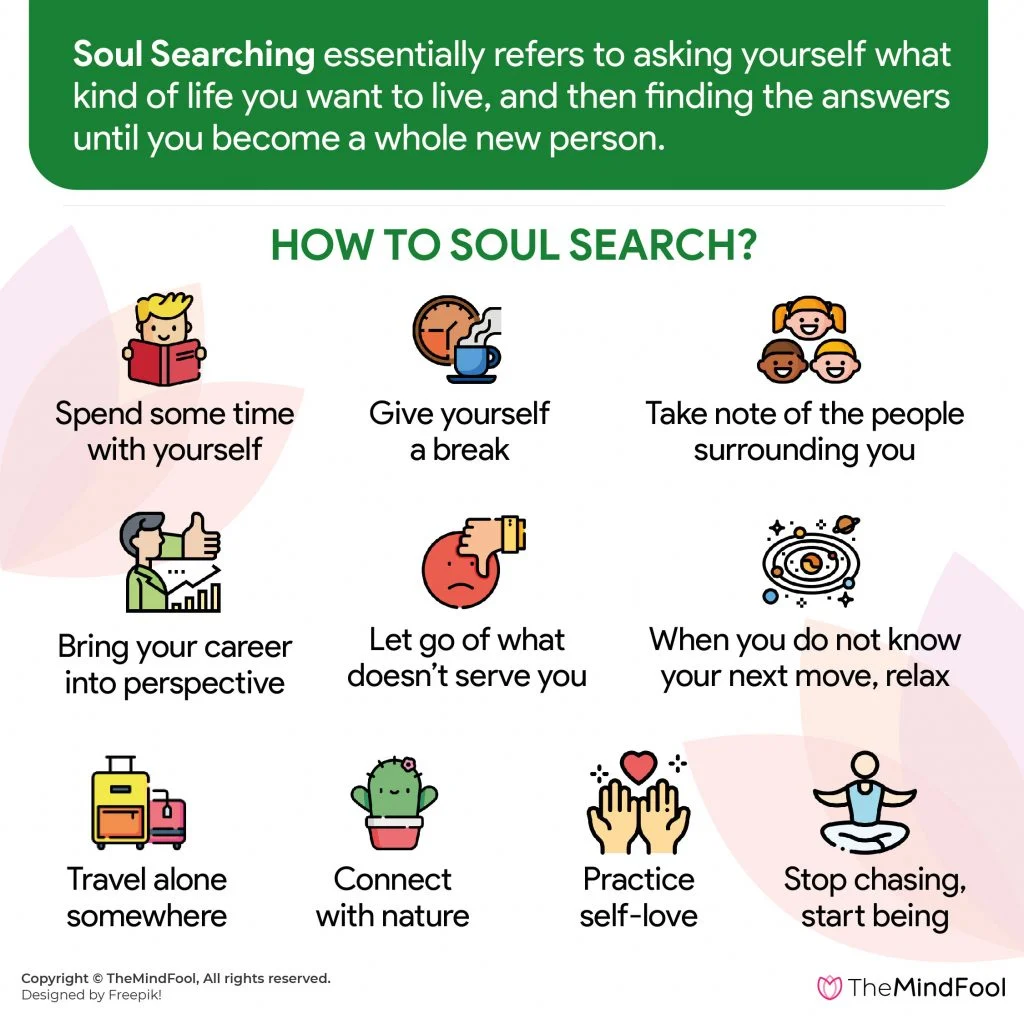
These questions will help you create a genuine author persona, which is essential for your readers.
In Summary
As famous American Novelist David Guterson has said, “I have relaxed into my persona as an author, although I used to fight that.” That is truly the key to creating a stellar and real persona, just ease into it, and allow the magic that you can weave with your words to also reflect in the person you are!
This blog should help you discover your unique writer’s persona and enable you to polish it until it feels natural and real. Enjoy the writing process, and remember, it is all about having fun and allowing your passion to take over!

Key Takeaways
- The author’s persona is what you would call “your brand,” the story, emotion, or real-life version of who you are. An author persona will help your readers connect with you better and creates a unique brand that people will be drawn to.
- To craft the perfect persona, start by understanding what you want your readers to know about you.
- Next, try to find out who your target audience is. What is it that they expect from the author or the writer? Your author’s persona should be such that your target audience can instantly connect with it and make you part of their tribe.
- Know your strengths and play on them when writing your author persona.
- Also, do not just focus on the positives. If there are weaknesses or flaws you think will add value, go ahead and share them.
- Finally, creating an author’s persona is an opportunity to do some soul searching and understand the multiple facets of your personality. Look deep within and uncover what you want to communicate with your readers.
FAQs
The author’s persona is what you would call “your brand,” story, emotion, or a real-life version of who you are. An author persona will help your readers connect with you better and creates a unique brand that people will be drawn to. It can be based on the characters in your stories or be a version of you that considers all the emotions, instances, and learnings that make you “YOU.”
1. Determine what you’d want to communicate with your audience
2. Understand your target readership or audience
3. Find out your unique strengths
4. Be open to talking about your weaknesses
5. Carve a niche
6. Have fun
7. Do some soul searching
As a storyteller, the reader is genuinely interested in knowing the story behind the storyteller, and this is where an author’s persona comes into play. It tells the reader about the writer and their story, enabling them to better connect with the book, article, or any written piece.
Latest Blogs
Learn how to rank on AI search engines like ChatGPT, Perplexity, and Gemini by optimizing your content for authority, structure, and relevance. Stay ahead in AI-driven search with this strategic guide.
Explore the best healthcare SEO services for your medical practice. Improve online visibility and effectively reach more patients in need of your services.
Discover top social media agencies specializing in banking solutions, enhancing financial services and driving engagement.
Get your hands on the latest news!
Similar Posts

B2C Marketing
5 mins read
Top Choices for Best Content Marketing Services in B2B Industries

Artificial Intelligence
5 mins read
How A Lead Generation Specialist Can Use AI-Powered Content Funnels to Drive Conversions
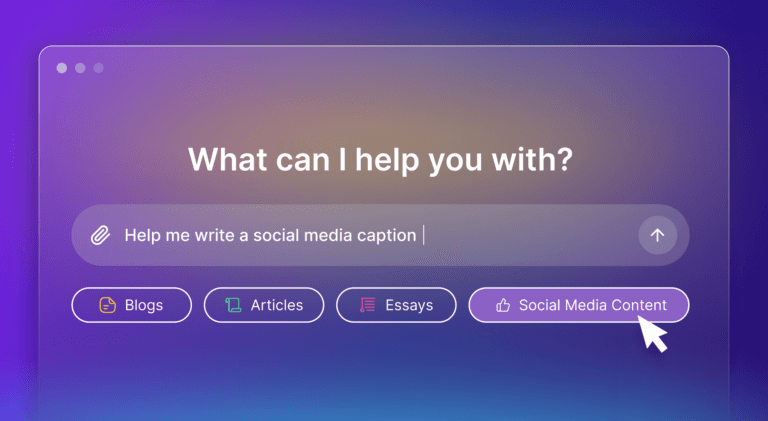
Artificial Intelligence
4 mins read